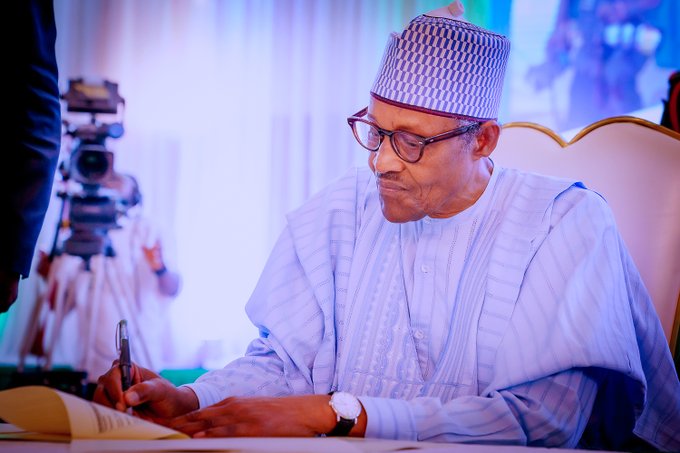Femi Adesina, the former Special Adviser on Media and Publicity to ex-President Muhammadu Buhari, has shed light on why the former leader chose not to remove Nigeria’s controversial fuel subsidy during his tenure.
Adesina described Buhari as a man deeply committed to the welfare of ordinary Nigerians, earning him the Yoruba title Ore Mekunu, meaning “friend of the poor.”
He made these remarks in a statement reflecting on Buhari’s legacy, nearly two years after the former president left office.
According to Adesina, Buhari’s refusal to remove the fuel subsidy was not born out of ignorance of its financial burden but rather a deliberate effort to shield the masses from economic hardship.
“Subsidy Removal Was the Elephant in the Room”
Adesina acknowledged that the issue of fuel subsidy was a contentious and costly matter for the government.
“The big elephant in the room was the removal of fuel subsidy,” he remarked.
He explained that while the administration was well aware of the corruption and financial strain associated with the subsidy, Buhari prioritized the interests of ordinary Nigerians over economic policies that could cause widespread suffering.
“Did you think the government didn’t know that the money-guzzling monster had to be slain? It knew,” Adesina stated.
“But who ensured that subsidies remained as long as they did? Buhari. And why? The people, the ordinary people.”
“The Ordinary People Gained Nothing”
Adesina revealed that Buhari often argued against removing the subsidy, particularly when oil prices soared on the international market.
“When oil sold for at least $100 per barrel, rising even to as high as $140 per barrel, what did the ordinary people gain? Nothing!” Buhari reportedly asked.
Adesina said Buhari believed it would be unjust to burden Nigerians with the consequences of subsidy removal, especially after they had not reaped any benefits during times of oil booms.
“Why should they be the ones to bear the brunt when oil prices fall?” Buhari would argue.
A Magnet for the Masses
Even in retirement, Buhari remains a beloved figure among ordinary Nigerians, according to Adesina.
“Almost two years into retirement, people still continue to mill around him,” Adesina noted.
He attributed this enduring popularity to Buhari’s compassion for the poor and his reputation for making decisions that prioritized their well-being.
“His disposition to the poor still draws people like magnets,” Adesina added.
“A Man of Principle”
Adesina also highlighted Buhari’s principles and his resistance to taking decisions that would harm the public, even when it meant standing against corrupt interests.
He noted that while Buhari may have shared the belief in the eventual need to remove the subsidy, he refused to implement it during his administration to avoid societal chaos.
“He didn’t want to do something that would throw society into a tailspin for the sake of the ordinary people,” Adesina explained.
This decision, while controversial, has sparked debates about whether Buhari’s approach ultimately benefited or hurt the nation.
For Adesina, Buhari’s legacy is clear: he was a leader who put the needs of ordinary Nigerians first, even when faced with tough choices.
“He was Ore Mekunu, a true friend of the poor,” Adesina concluded.
Buhari’s stance on the subsidy issue, whether seen as prudent or problematic, reflects his enduring concern for the plight of the average Nigerian.
As the nation looks back on his presidency, his policies and principles remain a subject of both admiration and scrutiny.

